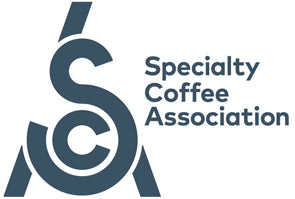
Established in 1837 as “The Grasshopper Tea Warehouse”, Atkinsons is now one of the oldest speciality coffee roasters and tea merchants in the country. Though times have changed, one thing remains the same at Atkinsons, a passion for great coffee and tea. As a family business our mentality is to take the long view, building long-lasting relationships with those along the value chain. That means working with our producers at origin, paying a premium and buying from them year after year and providing the training and support needed to those serving Atkinsons coffee.

